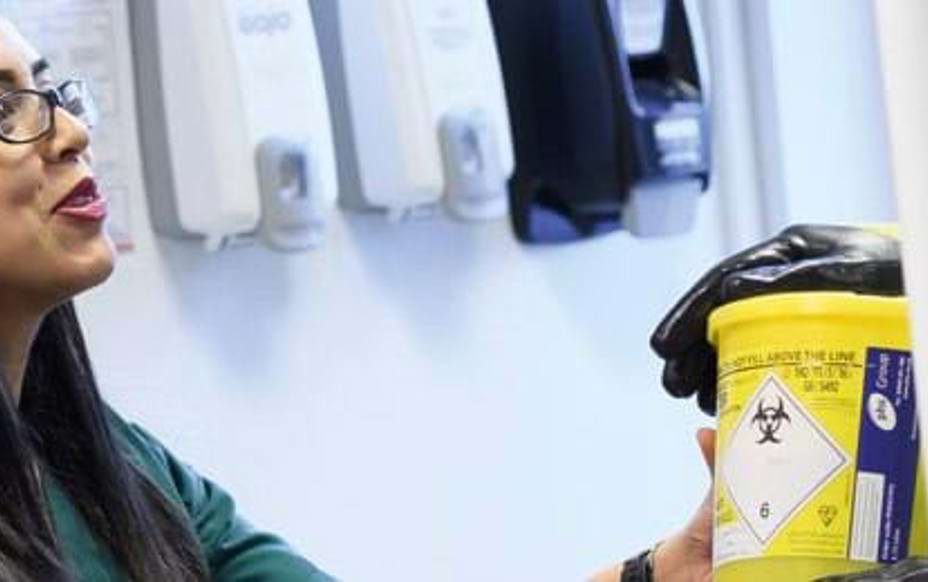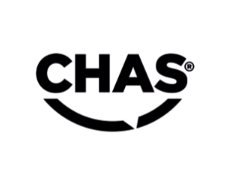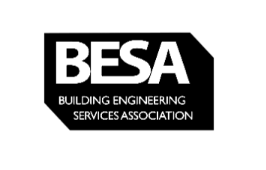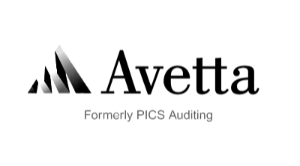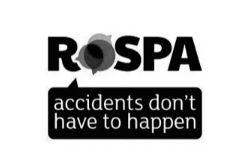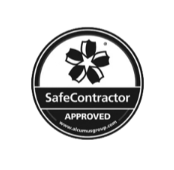phs Group has acquired Citron Hygiene UK find out more here
On the one hand, the challenge of safeguarding our environment requires grand, far-reaching solutions involving governmental policy, international collaboration and ambitious corporate targets.
But on the other hand, making a positive impact on the planet can come down to individuals making small, everyday changes – which, when adopted by enough people, can deliver huge results.
At phs, we try to think about both ends of this spectrum (as well as everything in between!). Here are two examples of sustainable waste management in healthcare, from the macro to the micro, that we think you’ll find surprising.
Macro: LifeCycle
When considering ways to be more environmentally responsible, the burning of waste collected from bins in bathrooms and hospitals probably isn’t what immediately comes to mind. But this practice is considerably greener than most would think.
LifeCycle is our revolutionary solution to the sanitary waste problem. Put simply, we take used nappies, incontinence waste and sanitary waste and create Refuse Derived Fuel (RDF). This is a sustainable, environmentally friendly alternative to sending this waste to landfill – and there are several compelling reasons to support this approach.
Firstly, RDF is a renewable, greener alternative to traditional fossil fuels. Coal and oil are finite resources and the energy required to extract them means they typically contribute high levels of greenhouse gas emissions. Furthermore, our partner facilities, like Viridor, are utilising new carbon capture technologies every day with the aim of achieving net zero carbon emissions by 2040. And, by 2045, they hope to become net negative by pulling more greenhouse gas emissions out of the atmosphere than the operation itself creates.
Secondly, RDF helps to reduce landfill waste and its associated problems. Landfills are a major source of environmental pollution, emitting potent greenhouse gases such as methane. By processing waste through our LifeCycle plants, we alleviate the pressure on landfills, minimising methane emissions as well as the risk of groundwater contamination.
Around 65,000 tonnes of hygiene waste is collected by phs every year; by turning it into fuel, we can prevent it from spending 500 years slowly decomposing in a landfill site – all while putting energy back into the national grid.
Sustainable waste management offers economic benefits, too, by creating green jobs and promoting local development. The establishment and operation of RDF facilities requires a skilled workforce, which leads to job creation and economic growth. Moreover, RDF contributes to energy independence by diversifying energy sources and reducing reliance on imported fossil fuels.
Waste management practices such as creating RDF with LifeCycle present a compelling case for the potential of a sustainable future. RDF decreases reliance on non-renewable resources, reduces landfill waste (and its associated pollution), promotes a circular economy, utilises advanced technologies, and offers economic benefits. By embracing RDF, we can significantly mitigate environmental impacts, conserve resources and foster a greener future.
Click here for more information about phs LifeCycle and diverting waste from landfill.
Micro: The One Sheet Challenge
As individuals, it can often feel like there’s not a lot that we can do to make a significant positive impact on our environment. But sustainable waste management is something we can all play a small part in every day – and when everybody does a little, it adds up to a lot.
Our range of paper hand towels and dispensers is designed to dispense one sheet at a time. This promotes hygiene by reducing cross-contamination and also promotes waste reduction.
Using just one piece of paper towel to dry your hands might seem impossible, but at phs, we know our hand towels. We’re here to tell you that one sheet does the job: you just need the know-how.
After thoroughly washing your hands, they’ll be dripping wet, of course. But, before reaching for the paper towel, the next vital step is the shakedown.
By shaking your hands repeatedly and with considerable vigour, you can get your hands to a point where one single sheet of paper towel is perfectly adequate to get them dry. The key is to shake hard, at least ten times, twisting the wrists and flicking the fingers downwards into the sink. (Ten times may seem excessive, but it makes all the difference!)
Then, take a single sheet of paper towel and fold it in half. Folding reduces the amount of excess towel around the edges (which isn’t used) and it makes the towel thicker, avoiding towel saturation before your hands are dry. Using a good amount of pressure, you can easily soak up the remaining moisture from your hands and safely dispose of your single sheet.
From a hygiene perspective, it’s crucial that we completely dry our hands after washing them, as wet hands easily transfer and pick up new germs. And according to research by the Mayo Clinic, paper towels are the more hygienic option over hand driers.
And there you have it: ten shakes and one sheet provides us with a perfect combination of clean and green.
Let’s not only set ourselves The One Sheet Challenge; let’s spread the word and throw down the gauntlet to the whole world!
So, when it comes to sustainable healthcare waste management, the solutions can be big or small, global or personal, macro or micro. Whatever the case may be, phs are here to help.





























